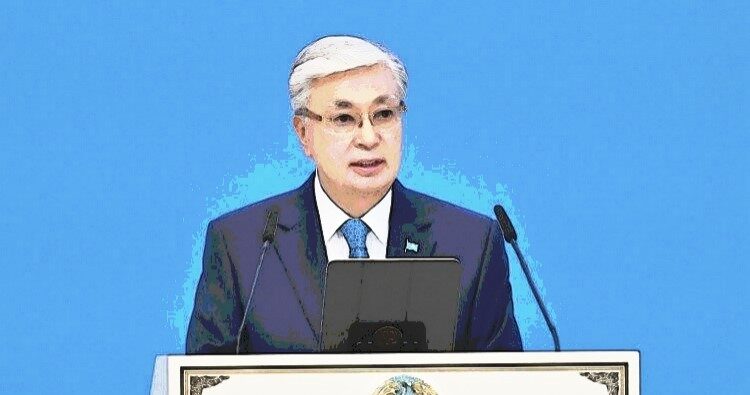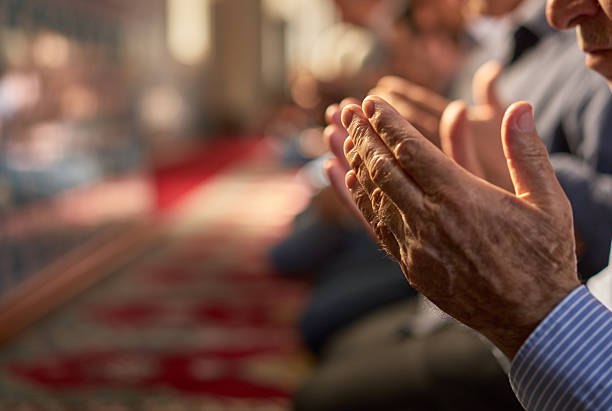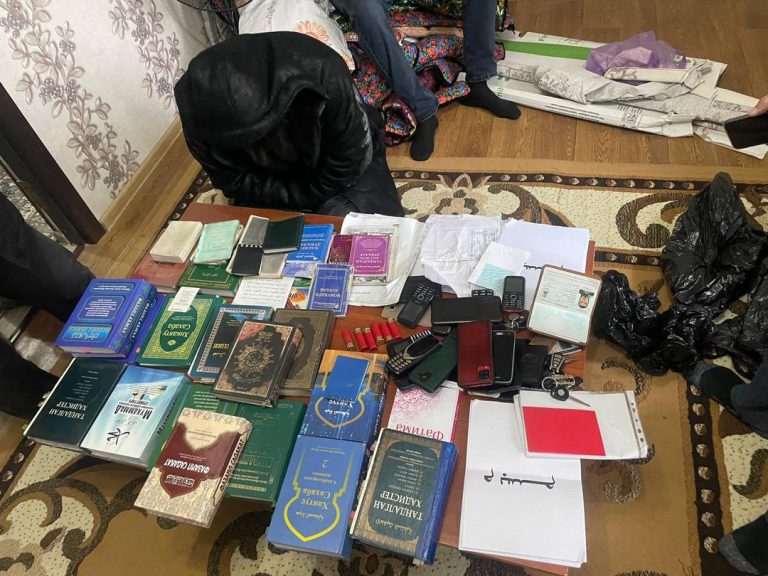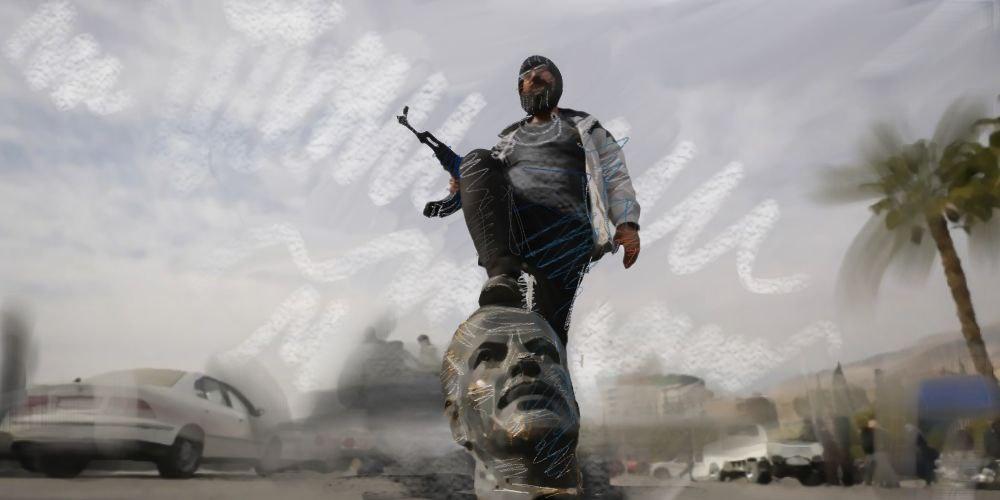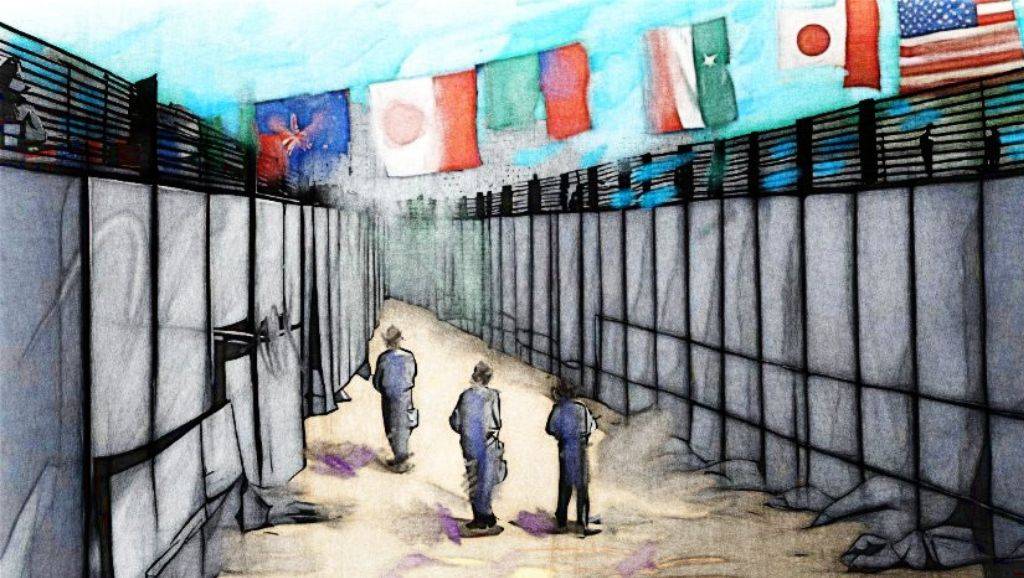Tokayev Warns of Rising Extremism and Erosion of Global Norms at Assembly Speech
President Kassym-Jomart Tokayev has warned of a global resurgence of extremist ideologies and populist rhetoric, citing a crisis of confidence that has weakened international law and institutions. Speaking at the 34th session of the Assembly of the People of Kazakhstan (APK), Tokayev addressed both foreign and domestic challenges facing the country, while emphasizing the importance of national unity and interethnic harmony. “We have become a more modern and advanced society. This evolution places new demands on our model of social harmony. Methods that worked yesterday may no longer be applicable today,” Tokayev said in his address, urging a critical review of past achievements and failures to avoid regression. Highlighting Kazakhstan’s foundational principles, Tokayev reaffirmed that “consent, tolerance, and friendship” are not mere slogans but integral to daily life. “The politicization of interethnic and interfaith relations is unacceptable. The state guarantees justice and equal opportunity for all citizens, regardless of ethnicity, religion, or social status,” he stressed. He also condemned attempts to impose language norms in personal and public communication. “Everyone is equal before the law. We will decisively suppress any provocation aimed at undermining interethnic harmony, no matter the source,” Tokayev stated. He accused some foreign-funded organizations, bloggers, and former citizens living abroad of deliberately inciting discord under the guise of promoting human rights and freedom of speech. According to Tokayev, recent revelations concerning the operations of some foreign NGOs exposed their “cynicism, greed, and indifference” to Kazakhstan’s welfare. On foreign policy, Tokayev reaffirmed Kazakhstan’s strategic alliance with Russia and historical ties with China. He expressed concern over the global retreat into extremism and the weakening of key institutions. “There is a return to extremist ideologies and populism, a surge in radical rhetoric, and an erosion of international law. In this context, Kazakhstan continues to advocate for adherence to and reform of the UN Charter,” he said. Tokayev stressed the need for global unity, compromise, and mutual understanding to prevent chaos. “For some, ethnic diversity may be a source of risk and mistrust. For us, it is a national asset and strategic advantage,” he said. “Unity, dialogue, mutual trust, and civic responsibility are essential pillars for the sustainable progress of our nation.”
